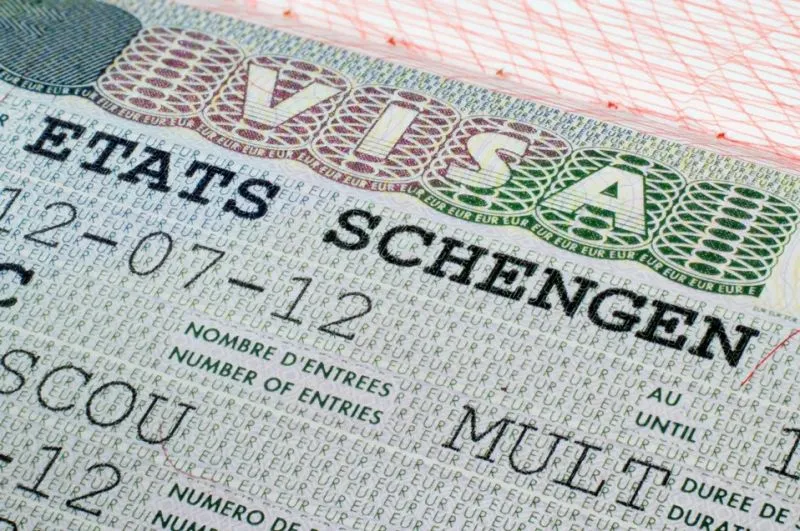Free movement for citizens or human resources?

LinkedIn blog post, 14/06/2025, by Sven Franck (en français , in Deutsch)
TL;DR - It's Schengen's birthday! 🎂 On June 14th 1985, the agreement to abolish border controls was signed in Schengen. 40 years later, 29 countries are participating: the EU less Cyprus and Ireland but with Switzerland, Norway, Liechtenstein and Iceland. Yet not all is well in Schengenland.
Romania and Bulgaria were only reluctantly admitted in 2024 after meeting formal criteria since 2011 thanks to Austria's lone veto (see Romanian diaspora voting behavior) and with the regular teasing of border-controls for pleasing of your respective far-right electorate, we're in the middle of the Schengen and free movement situation.
Perpetual Movement ?
EU free movement comes in four flavours: capital, goods, services and "persons" as per Directive 2004/38/EC. "Persons" sounds like makeup applied to "labour" and the devil is in the detail: I'm currently settling in Slovenia and was surprised to learn that as long as I keep moving, all is fine. However, once I stopped moving, I have to file for residency. Ah? I always considered french authorities requiring an electricity invoice to prove residency odd; alas, in Slovenia, my residency as "labourer" was bound to conditions and could be refused.
Six months later and courtesy my Slovenian wife, I've been given a residency permit 🛂 - not without being told that after 90 days I had stayed illegally in the country. Schengen gets you across borders, but then things get interesting.
What about citizens?
It's obvious why the free movement directive speaks of persons instead of labour. It's also obvious why it doesn't speak of "citizens". Citizens have rights and currently many of these are stuck at the border where you left your home country, each with a Pandora's box of cross-border paperwork attached. Contrast this with the USA where you can hop from state to state all rights included thanks to the Constitution's "The Citizens of each State shall be entitled to all Privileges and Immunities of Citizens in the several States."
Europe is far from a Constitution or federal Union, but I believe it's time to make things less complicated. A "stronger Europe" shouldn't be measured in number of weapons every member states purchases, but also in terms of integration. And just as much as border controls within the Schengen zone will not make Europe any stronger, tying full voting rights to nationality instead of citizenship and residency also plays into nationalist's hands.
Think about it: Slovenia ranks 62/67 in attracting high-skilled workers. New Zealand grants full voting rights after 24 months of continuous residency. The top European talent is often also the most mobile. Why not combine the three to see how attractive a member state can become by treating talent not as "laborers" or "persons" but as... "citizens". #jumpstartEU.